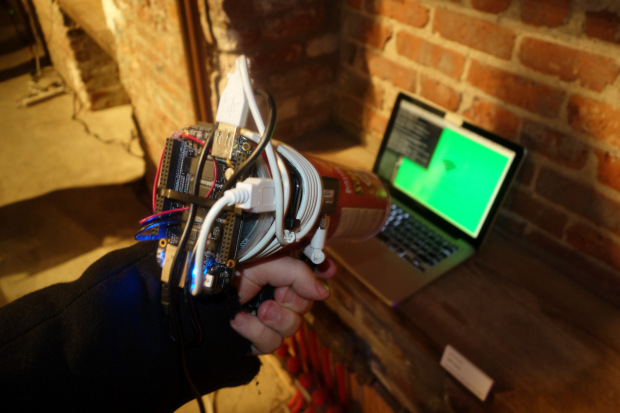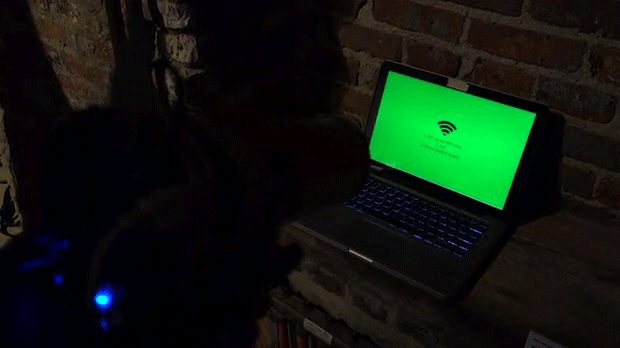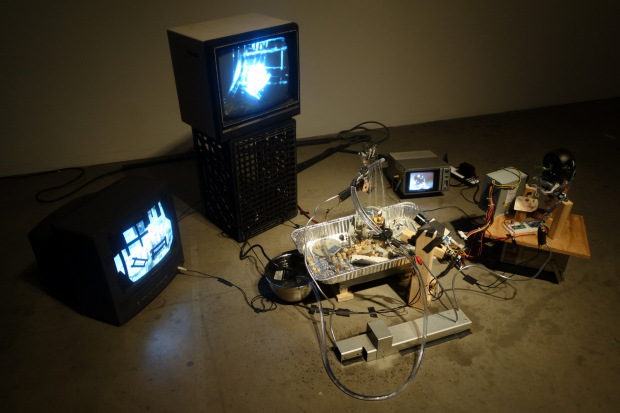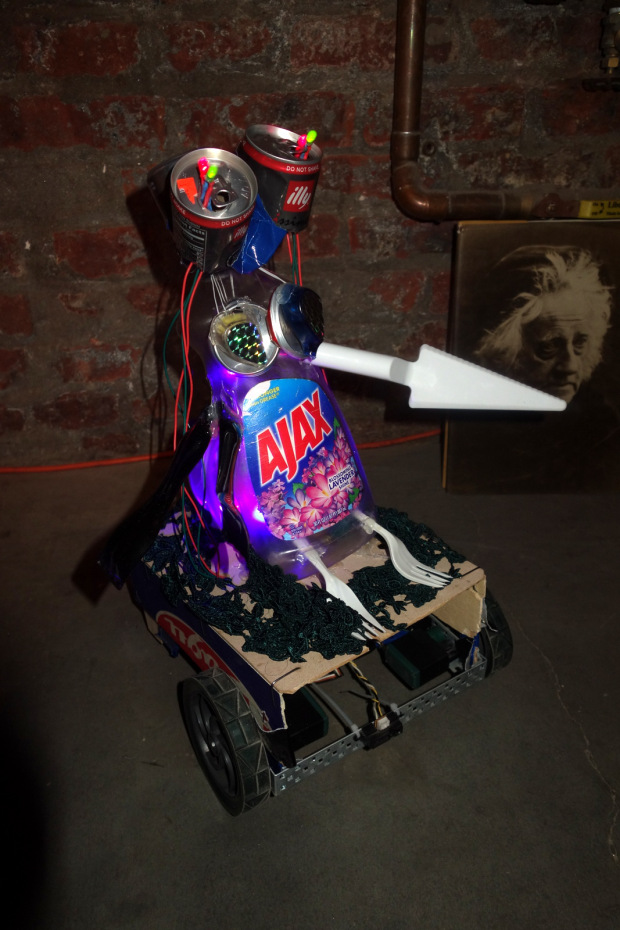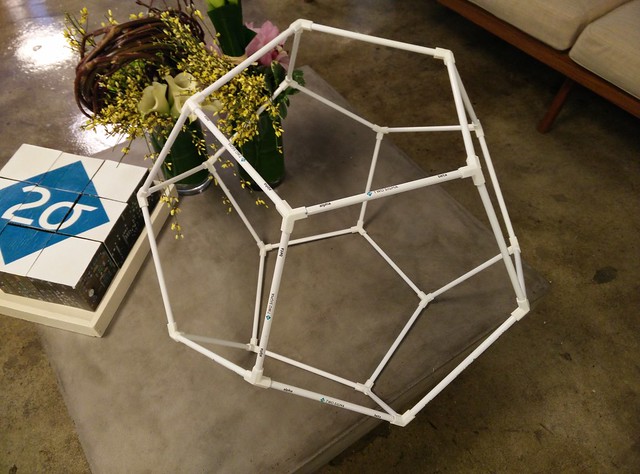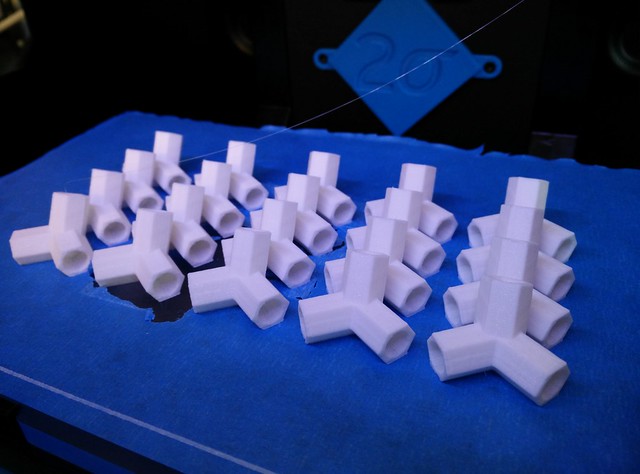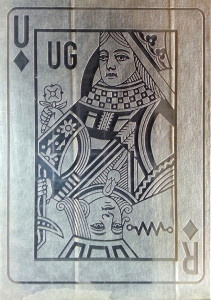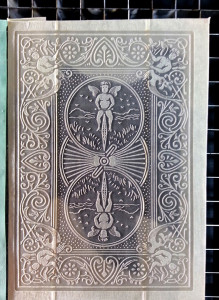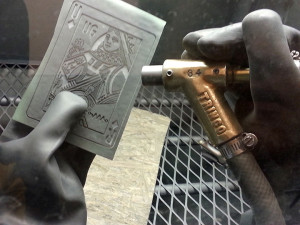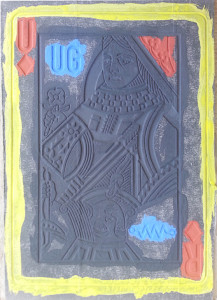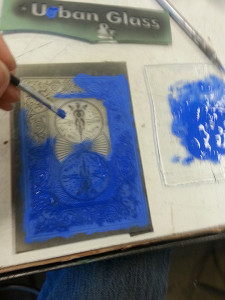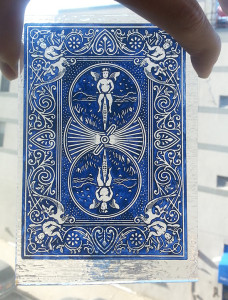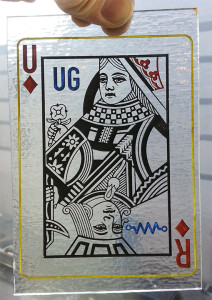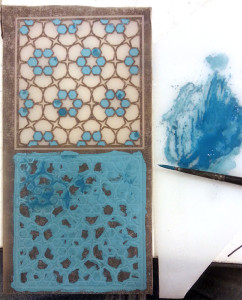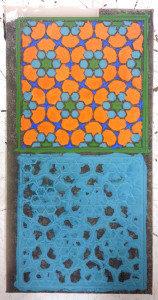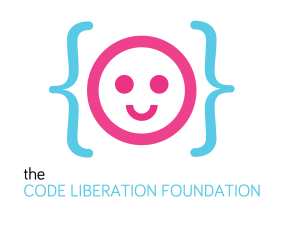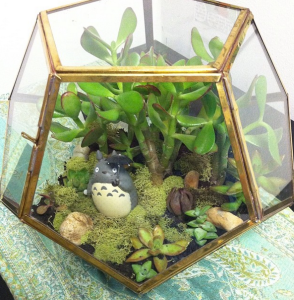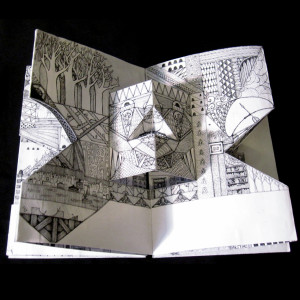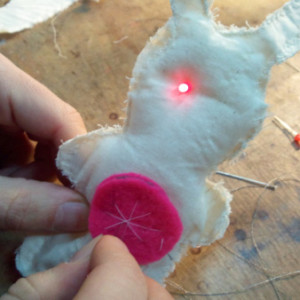Here’s some updates to our Burning Man project, The Temple of the Unticketed. We finished and submitted our proposals to Burnging Man Arts. You can find the proposal, budget and project plan in our GitHub. We worked really hard dotting the eyes and crossing the tees, hopefully they’ll notice and support the project. While we wait we continue to work.
Max has made good progress on revB of the BeagleBone cape. Unfortunately the boards to hook up the TFTs got lost in the mail. No, really. OSH Park is sending us another batch for free, so thanks to them for that! Once we get those we should be able to try a scaled up test.
Finally I managed to get a first pass at the virtual installation done. It’s my first pass at anything non-trivial in three.js so it might be a little rough around the edges. Any vignettes you create will go up on the virtual installation. Try it out!




